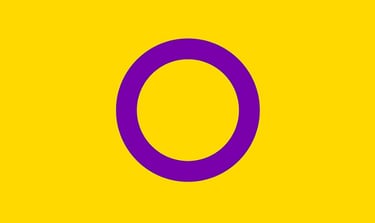Become a speech pathologist in Australia
Regulation of the speech pathology profession has evolved significantly over time with many changes at the Commonwealth, State, Territory, and organisational level.
The below information is provided to help provide an overview of relevant regulatory frameworks in Australia and may not reflect legal interpretations, changes, or ammendments.
National Code of Conduct for Health Care Workers
Qualifications
National Code of Conduct for Health Care Workers
To become a speech pathologist in Australia, you must ensure that you meet the requirements of the the National Code of Conduct for Health Care Workers (the National Code) as legislated in the state or territory you are practising in. For further information about the National Code, please refer to the appropriate authority in your state or territory below:

Australian Capital Territory
The ACT Human Rights Commission
www.hrc.act.gov.au/health
New South Wales
The Health Care Complaints Commission
www.hccc.nsw.gov.au/
Northern Territory
The Health and Community Services Complaints Commission
www.hcscc.nt.gov.au/
Queensland
Office of the Health Ombudsman
www.oho.qld.gov.au/
South Australia
The Office of the Health and Community Services Complaints Commissioner
www.hcscc.sa.gov.au/
Tasmania
Health Complaints Commissioner Tasmania
www.healthcomplaints.tas.gov.au/


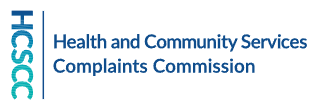



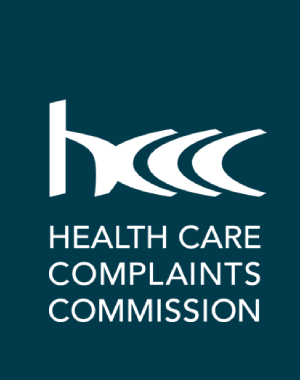

Western Australia
Health and Disability Services Complaints Office
www.hadsco.wa.gov.au
Victoria
Health Complaints Commissioner
www.hcc.vic.gov.au/
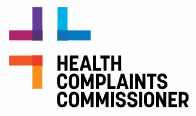



Qualifications
People who wish to become a speech pathologist are required to have the neccesary competence as required under the National Code. The following parts of the National Code address these requirements:
1. 2) b. A health care worker must not provide health care of a type that is outside his or her experience or training, or provide services that he or she is not qualified to provide.
9. 1) A health care worker must not engage in any form of misinformation or misrepresentation in relation to... the qualifications, training or professional affiliations he or she holds.
9. 2) a. a health care worker must not use his or her possession of a particular qualification to mislead or deceive clients or the public as to his or her competence in a field of practice or ability to provide treatment.
b. a health care worker must provide truthful information as to his or her qualifications, training or professional affiliations.
Australian Qualifications
Qualifications in Australia are regulated under the Australian Qualifications Framework (AQF). For a qualification to be accredited under the AQF, the Tertiary Education Quality Standards Agency (TEQSA) must:
accredit the qualifications developed by a non self-accrediting higher education provider, or
authorise a high education provider to self-accredit their qualifications.
Speech pathology programs of study in Australia are accredited under AQF Level 7 (Bachelor Degree), AQF Level 8 (Bachelor Honours Degree), or AQF Level 9 (Masters Degree).
Some trades and professions in Australia require addtional accreditation by an accreditation authority, committee, and/or national board for statutory licensing or registration. There is currently no statutory accreditation authority, committee, and/or national board for the speech pathology profession.
Speech Pathology Australia Accredditation
Speech Pathology Australia provides accreditation of programs of study in Australia for speech pathologists who wish to receive 'Certified Practising Speech Pathologist' (CPSP) status. While this is not required to practise, public and private health insurers provide rebates for health services when clients see a 'recognised' provider and use CPSP status to determine eligibility for becoming a 'recognised' provider.
Overseas Qualifications
Qualifications from another country may be accredited under similar regulations to the AQF such as the European Qualifications Framework (EQF) in European countries.
People with overseas qualification that are seeking CPSP status, or are applying for a visa under the skilled migrant program will need their qualifications assessed by Speech Pathology Australia.
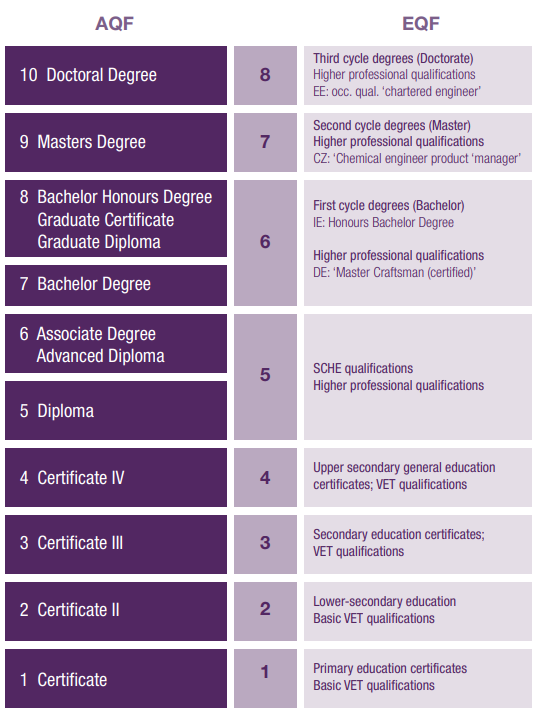

Public and private health insurers provide rebates for health services when clients see a 'recognised' provider. As there is no statutory Accreditation Authority or Committee, or statutory National Board for speech pathology in Australia, many public and private health insurers use CPSP status to determine eligibility for becoming a 'recognised' provider. A speech pathologist's status as a 'recognised' provider only determines whether a health insurance rebate is applicable.
Department of Veteran Affairs (DVA)
Speech pathologists require a Medicare Provider Number in order to register with the DVA. See Medicare requirements below.
www.dva.gov.au/
Medicare
Speech pathologists require a Medicare Provider Number in order for their services to qualify for a Medicare rebate. Eligibility requirements for a Medicare Provider Number are set out in the Health Insurance (Allied Health Services) Determination 2014. The requirement for speech pathologists is Certified Practising Speech Pathologist (CPSP) status with SPA.
www.servicesaustralia.gov.au
NDIS
Unregistered NDIS providers are required to comply with the NDIS Code of Conduct. Registered NDIS providers are required to comply with the NDIS Code of Conduct and the NDIS Practice Standards.
NDIS Code of Conduct
The NDIS Code of Conduct requires the provision of services consistent with relevant professional codes where a worker is a member of a professional association or other relevant body with existing professional codes of conduct. There is no stated requirement to be a member or Certified Practising Speech Pathologist (CPSP) with SPA.NDIS Practice Standards
To meet the Verification Module of the NDIS Practice Standards, registered NDIS providers are required to "provide evidence that each individual who will deliver supports has met the corresponding requirements for their profession(s) and registration group(s)." The requirement for speech pathologists is Certified Practising Speech Pathologist (CPSP) status with SPA.
When invoicing clients for therapy supports, the appropriate therapy support items should be used as defined in the Pricing Arrangements and Price Limits document. The Pricing Arrangements and Price Limits 2024-2025 uses the following definitions:
Speech Pathologist – A person who is a Certified Practising Speech Pathologist (CPSP) as approved by Speech Pathology Australia.
Other Professional – A person who does not meet the definition of the types of professionals listed (such as above) but who the provider considers to be an appropriate professional to deliver supports.
Private Health Insurers
Most private health insurers require a Medicare Provider Number for health services to attract a private health insurance rebate. See Medicare requirements above.
Health insurance and rebates


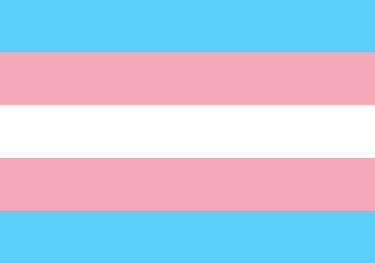
I acknowledge the Whadjuk Noongar people as the traditional custodians of the land and waters where I live and practice on, and respect their continuing language, culture, connection to country, and contribution to the life of our local communities.
I acknowledge and celebrate the diversity that enriches our local communities.
Copyright ©2025
